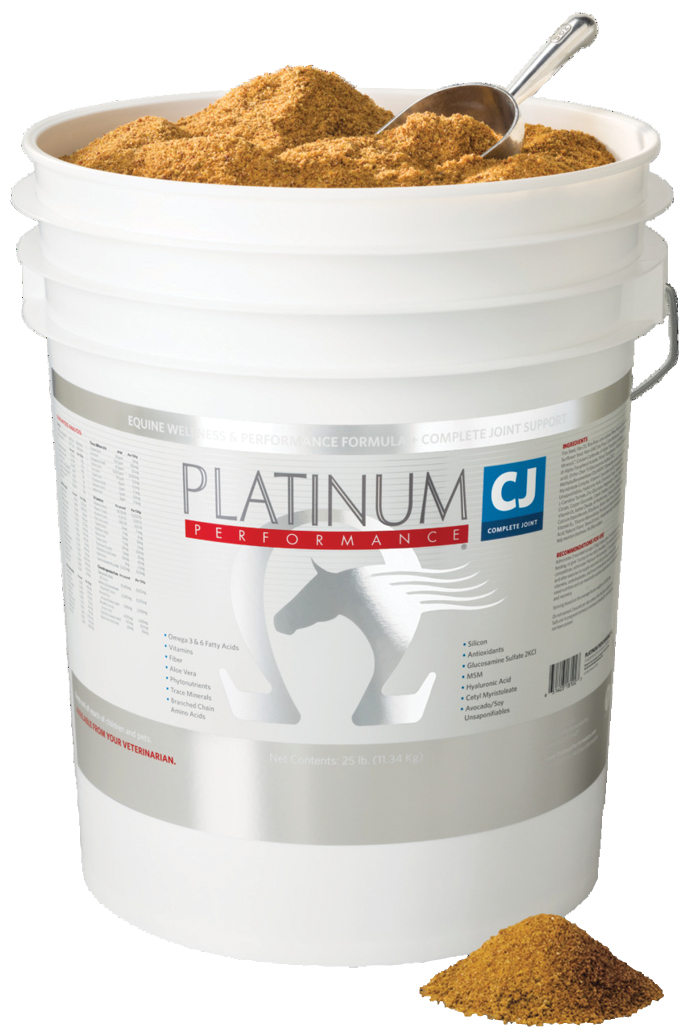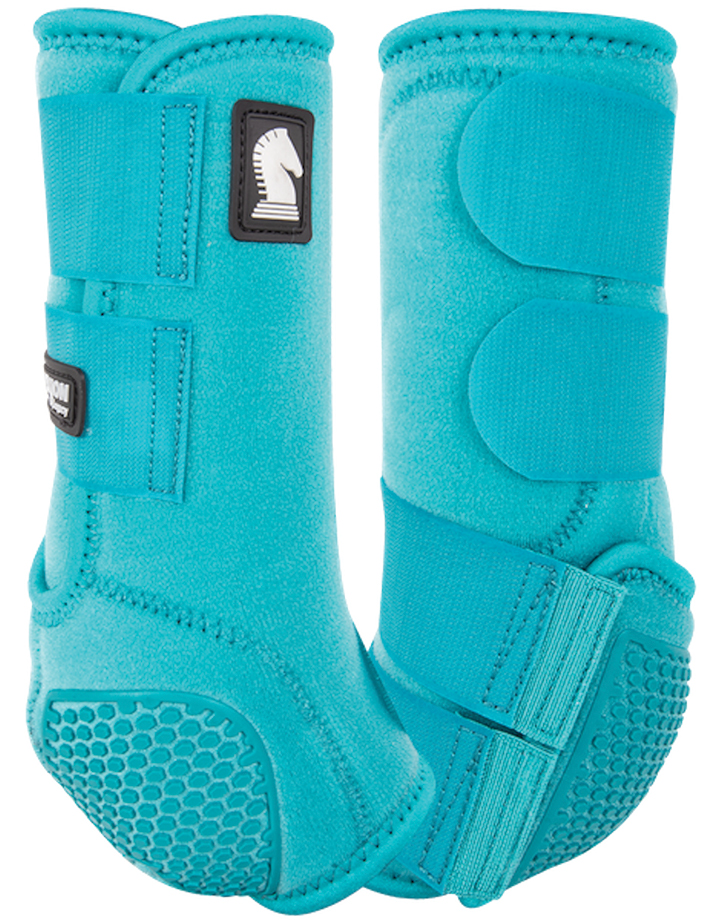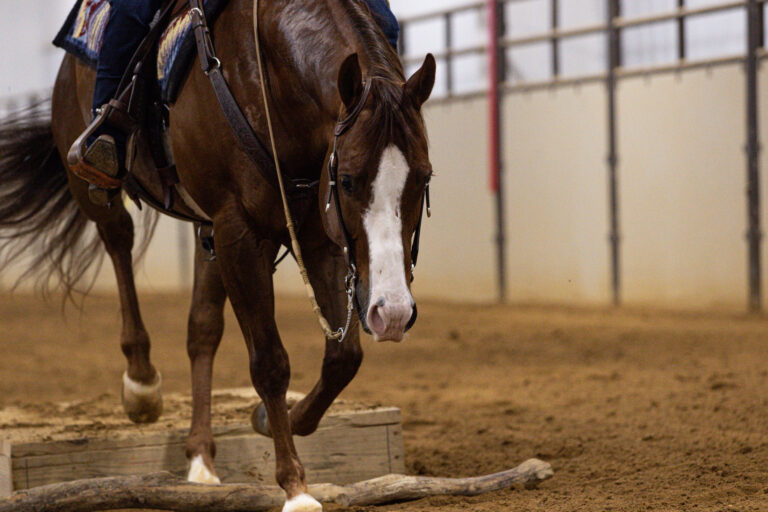The level of severity most think of as arthritis is described by vets as osteoarthritis or degenerative joint disease, with often more severe and long-term repercussions. Arthritis, on the other hand, describes any inflammation in your horse’s joints, ranging from acute, recoverable trauma to the more chronic variety.
Arthritis-inducing injuries don’t have to spell long-term ailment if you take the proper steps of recovery, management, and prevention.

Inflammation to Ailment
For your horse to move well, his joints need to move freely and without pain. A healthy joint has a joint capsule made up of smooth bones, protective cartilage, and joint-lubricating synovial fluid. Arthritis happens when one of these components is damaged. These cause the cartilage or bone to become damaged.
As your horse moves, the surface friction causes inflammation and swelling, pain, and reduced range of motion. If you don’t catch it and he heals, new bone that’s rough and lacks protective cartilage forms and causes a feedback loop of damage, regeneration, and swelling until it becomes chronic.
Recipe for Recovery
Early identification of inflammation, followed by immediate treatment, reduces the long-term impacts to your horse’s mobility. If you suspect there has been trauma or your horse suddenly has soundness issues, reach out to your veterinarian for diagnosis.
Imaging is typically best to catch soft-tissue injuries or cartilage abnormalities early. If you think you’re late into recovery, radiographs will show any new bone formation as a result of trauma.
The goal is to help your horse regain full joint function. Patience and stall rest are most effective to reduce long-term damage. More recently, ultrasound and other shock-wave therapies are thought to increase circulation, especially blood flow-lacking cartilage.
Some conditions may require non-steroidal anti-inflammatory drugs to reduce pain and swelling. If given for long periods, which can be the case to manage chronic arthritis or osteoarthritis, alternative NSAIDs may be given.
Joint injections can also provide long-term relief and allow a horse to return back to work. Corticosteroids are anti-inflammatory agents that stunt your horse’s body’s natural immune response and reduces the cascade of negative developments like rough bone regeneration. Hyaluronan (HA) is naturally produced by your horse’s synovial cells to provide lubrication; exogenous hyaluronic acid (HA) injections can also supplement or replace lost HA production caused by damage.

Prevention is the Best Medicine
Supplements can increase your horse’s protection from both trauma and inflammation caused by intense, prolonged use or acute injury. Glucosamine, omega-3 fatty acids, hyaluronic acid, and MSM, for example, are commonly found in joint-support supplements, like Platinum Performance’s CJ supplement, and can help reduce inflammation, support synovial fluid production, and strengthen cartilage in your horse’s joints.

Keep Him Protected
Wearable gear, such as protective boots for your horse’s fetlocks, also can provide support and protect your horse from injury to his joints and cartilage. A sport boot provides suspensory support and reinforces your horse’s natural motion to help your horse through intense activities.






